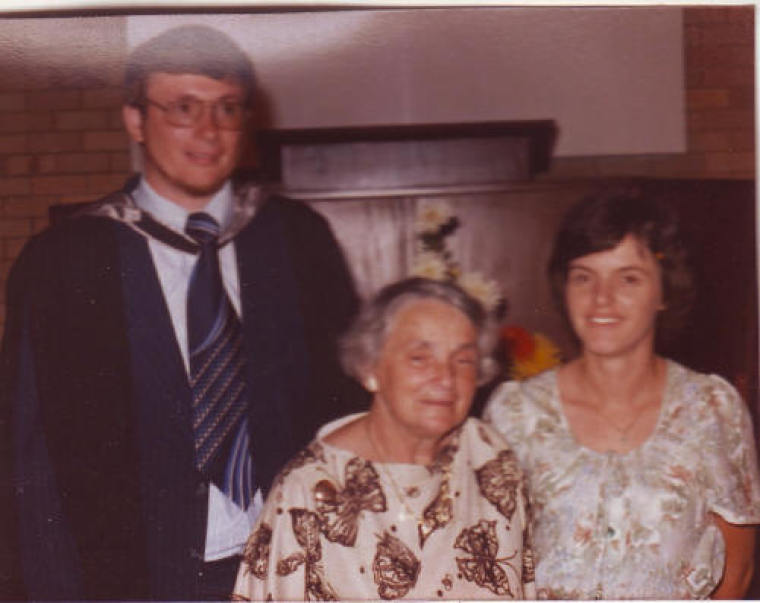
A news story posed online in December revealed that three organisations have launched a bid to become the business equivalent of cricket's third umpire, hoping to stimulate a new boom for Australia's economy.
http://www.news.com.au/business/australia-to-umpire-squabbles-between-warring-businesses/story-e6frfm1i-1225807554515
The article revealed an increase in business disputes during the global financial crises and highlighted the reluctance of international firms to risk high costs and reputations by taking matters to court. Now it seems a popular alternative has been found. In the event of a business squabble, disagreements will be referred to a panel of independent arbitrators.
The Australian Centre for Commercial International Arbitration (ACICA), the Institute of Arbitrators & Mediators Australia (IAMA) and the Chartered Institute of Arbitrators Australia (CIArb), have supported the move by signing an agreement to promote Australia as the number one destination for business arbitration in the Asia-Pacific.
IAMA President and former High Court Judge, Michael Kirby is in full support of the changes: "It will be a service that Australia can give that is useful to our neighbours and countries further afield,'' he said.
Ironically, Mark Tronson had been toying with introducing a system of arbitration for some years to help regulate his sport and religion sanctions.
Mark has had long standing involvement with the chaplaincy of the Australian Cricket team and is the founder of an athlete respite ministry. In 1982 along with Heads of Churches, he initiated the Sports and Leisure Ministry to place chaplains in professional sports across the nation for support and guidance. His ventures have become quite big over the years including securing a hands on role as spiritual advisor in Olympic Villages since 2000. As you can imagine, these types of projects need regulating and a system of mediation if disputes arise.
"I have detected a broad community concern, both here and overseas, about methodologies of arbitration within religious institutional procedures, said Mark Tronson. "For those who have a dispute within religious organisations, there is no current avenue other than through expensive court systems to resolve disputes."
Mark is vying to mirror the Arbitration of Sport mediating model. Its protocol and record is fair and has a great reputation at home and on the international front. "In my view, a similar religious body might become established, with good will on all sides, said Tronson.
"More importantly, it would need to be without any formal link to any existing religious institution. The process, however, would need to work alongside people with expertise in matters of evidence."
Mark was curious that at a recent church administration conference in Sydney there was a seminar titled 'Reputation does matter.' Although 'accreditation' is often a formal administrative procedure, 'reputation' and 'respect' go way beyond this.
Australian society regards 'reputation' and 'respect' highly, and Mark Tronson bases his ideas on this philosophy of using this good 'reputation' and 'respect' to establish an arbitration system.
"We are now back in the ball-court of the various denominations, said Mark Tronson. "The next step should be an across-the-board consideration by a group of leading Churchmen of good reputation, perhaps recommended by the Heads of Churches group."